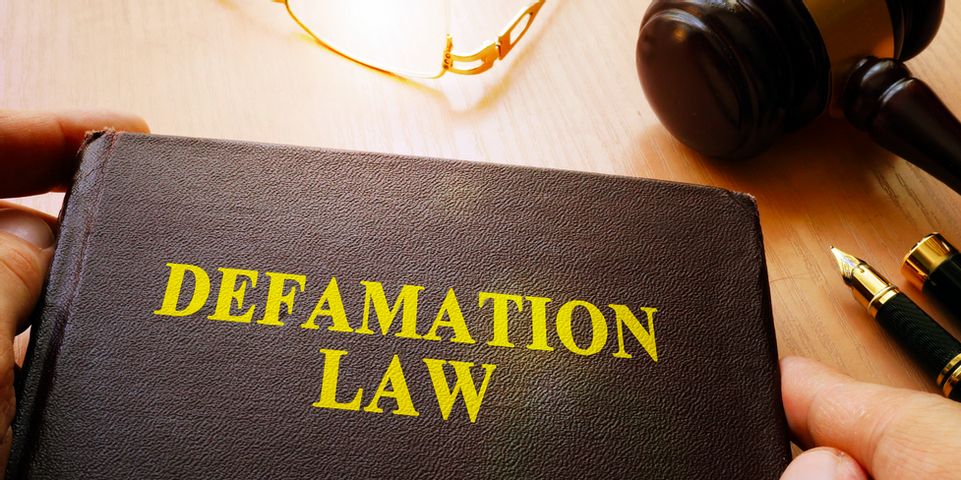A Quick Guide to Defamation Law

Defamation law allows you to sue a person who is spreading messages that hurt your reputation. These words could be spoken, in which case the act is called “slander,” or they could be written, in which case it is referred to as “libel.” As any attorney will tell you, suing somebody for libel or slander is delicate, since claims of defamation must be balanced against every person’s right to free speech.
Defining Defamation
Whether written or spoken, a statement must meet four criteria to be considered defamatory. The remarks must be:
- False: A true statement cannot be considered damaging. If you own a coffee shop and a customer writes a review online saying, “This is the worst coffee I’ve ever had,” this cannot be proven false as it’s their personal taste.
 Injurious: Defamation law is intended to protect an individual’s reputation from undue injury, so you must show that the false statements caused you harm. Say, for instance, you are a photographer and an unsatisfied client accuses you of cheating them financially — resulting in your losing customers and your business going bankrupt.
Injurious: Defamation law is intended to protect an individual’s reputation from undue injury, so you must show that the false statements caused you harm. Say, for instance, you are a photographer and an unsatisfied client accuses you of cheating them financially — resulting in your losing customers and your business going bankrupt.- Published: Defamatory words must have been “published” in the sense that a third party saw or heard them. This could apply if someone spread rumors about you via a radio interview or a social media post. If somebody insults you to your face with nobody else around, it’s not defamatory.
- Unprivileged: In certain contexts, such importance is placed on free speech that a person cannot be sued for defamation, even if they are making false and injurious statements. This could apply in a courtroom, for instance. A witness lying on the stand might be prosecuted for perjury but they may not be sued for defamation.
Filing a Defamation Lawsuit
Since defamation is a civil offense, not criminal, you can sue the person for damages, but they will not get a criminal penalty. The amount of money you receive depends on various factors; for instance, libel usually reaps greater rewards than slander, since written statements last longer. Consult an attorney to determine the strength of your case.
Defamation regulations vary from one state to the next, so always consult a local legal professional. For a consultation regarding a potential lawsuit in Phoenix, AZ, trust Ely, Bettini, Ulman, Rosenblatt, & Ozer, Attorneys at Law. This law firm is known for putting their clients’ needs first. Find out more about their services, from medical malpractice to personal injury law, online. To request a consultation, call the attorneys at (602) 230-2144.
About the Business
(31 reviews)
Have a question? Ask the experts!
Send your question

